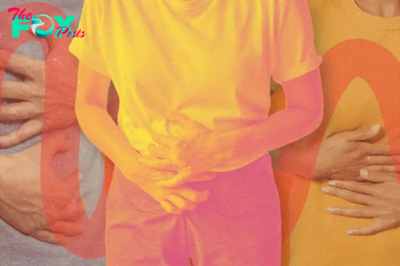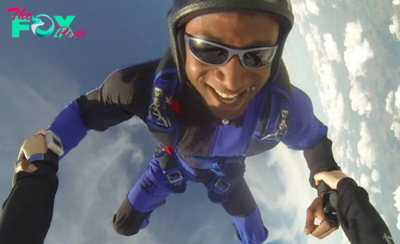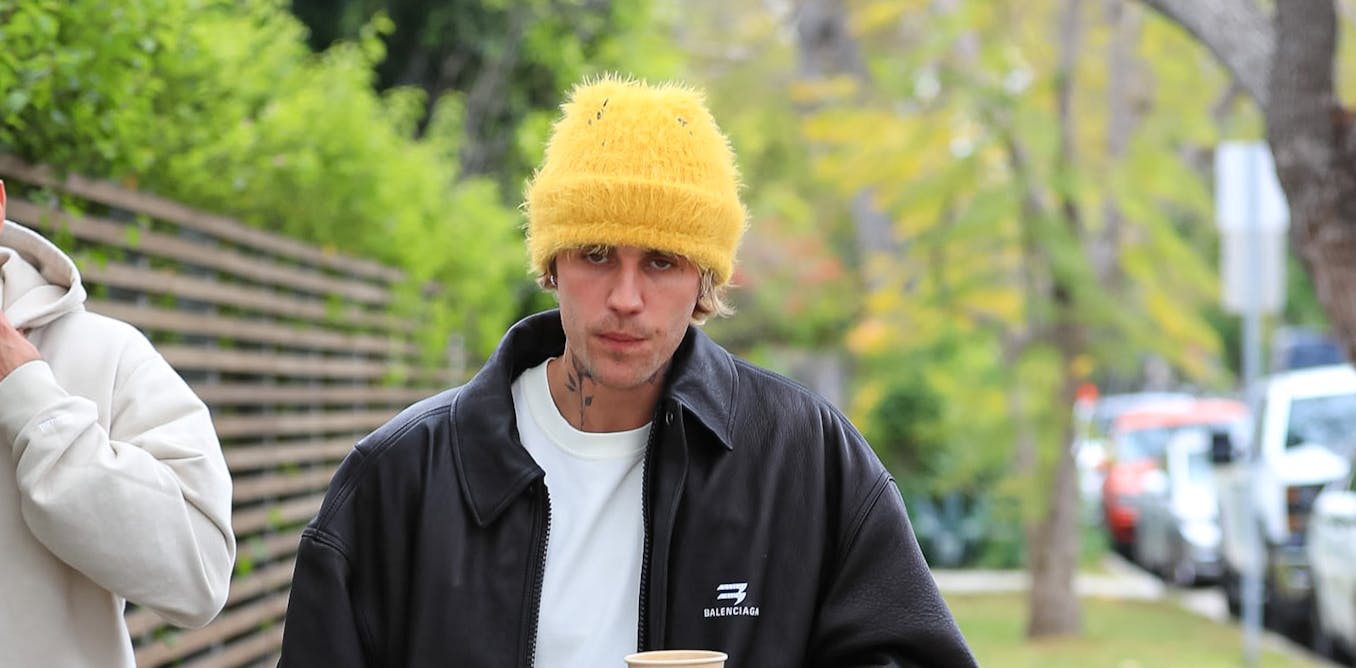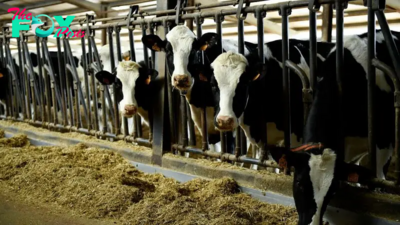Health
Monkey study reveals science behind 'choking under pressure'
When people "choke under pressure," it's often at times when success could result in a big payoff — maybe they're an athlete at a championship match or an actor performing for a renowned director. Now, a study in monkeys could help reveal why: The prospect of a large reward can interfere with brain signals that prepare us for a given task, leading to underperformance.
The study, published in the journal Neuron Sept. 12, involved three monkeys completing tasks to get a reward — in this case, water to drink. The primates performed their best when the prize at stake was a medium to large volume of water. But when they could win an unusually large "jackpot," they underperformed, or choked under pressure.
The task was a test of speed and accuracy, in which the monkeys were trained to reach for a target on a screen. The monkeys had to wait for a cue to begin reaching and then hold that position for a time. The color of the cue corresponded with the size of their potential reward for doing so accurately, from small to jackpot.
Before running the official experiment, the scientists checked that the monkeys learned the value of each reward and found that they could identify the larger of two rewards about 99% of the time.
Related: Can you 'catch' stress from other people?
During the experiment, the scientists tracked the activity of hundreds of cells in the monkeys' brains, using implanted electrodes. The cells were known to be involved in "motor preparation," in which the brain prepares to execute a motion, like reaching with a hand.
The monkeys performed the worst when the prize was either too small — in which case they reached for the target carelessly — or too large — in which case they seemed overly cautious.
-

 Health5h ago
Health5h agoDenver’s new “social justice art” is a 5-foot canvas boulder created by people who have lived on the streets
-

 Health20h ago
Health20h agoWhy Does Everyone Seem to Have IBS Now?
-

 Health1d ago
Health1d agoWhy Some Men Keep Their Prostate Cancer a Secret
-

 Health3d ago
Health3d ago11 Things to Say to Persuade Someone to Vote
-

 Health3d ago
Health3d agoPeople are getting Botox in their necks to unlock a new bodily function: burping
-

 Health4d ago
Health4d agoMen are carrying the brunt of the ‘loneliness epidemic’ amid potent societal pressures
-

 Health4d ago
Health4d agoWind phones help the bereaved deal with death, loss and grief − a clinical social worker explains the vital role of the old-fashioned rotary phone
-

 Health4d ago
Health4d agoIn Defense of Spoiling the End of the TV Show



























